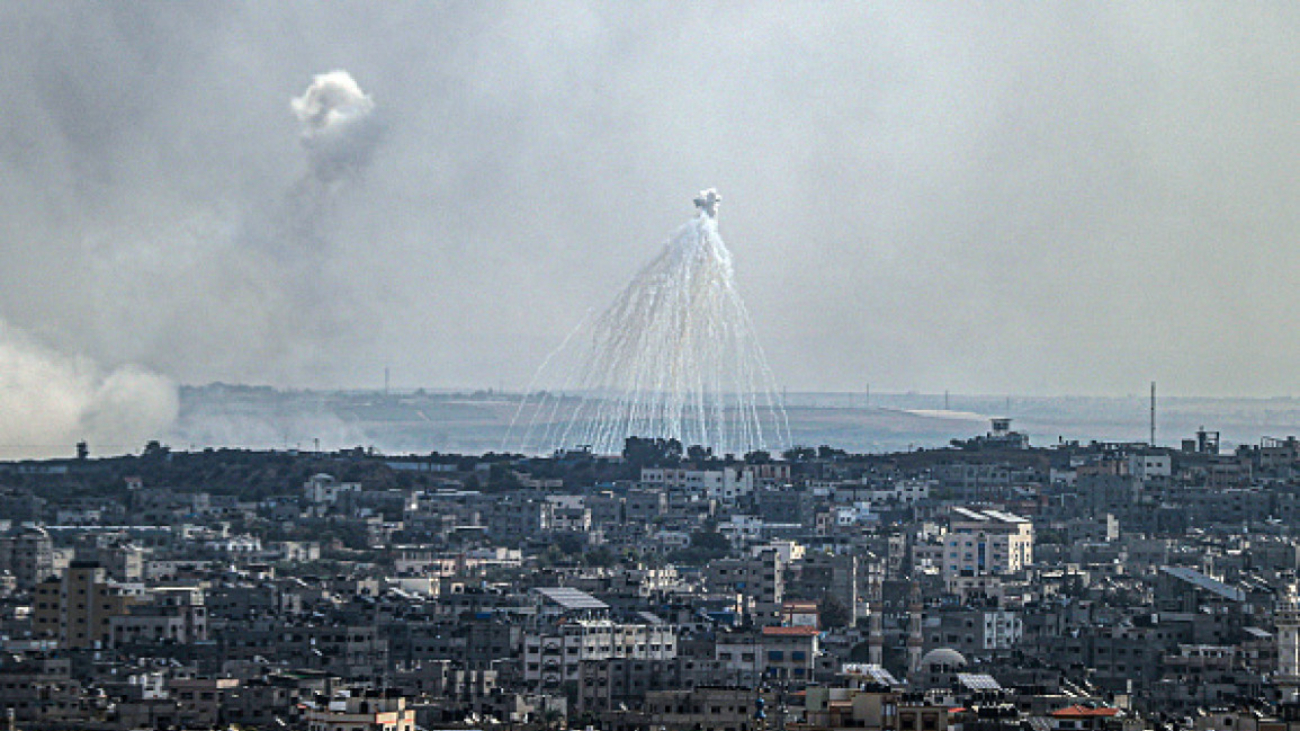In a region marked by longstanding conflict and tensions, a new controversy has emerged as human rights organizations allege Israel’s use of white phosphorus in the Gaza Strip. This article delves into the details of the allegations, the implications of such actions, and the significant human rights concerns that have arisen as a result.
The Allegations Unveiled: White Phosphorus
The allegations stem from recent reports by international human rights watchdogs, which claim that Israel may have employed white-phosphorus munitions during its military operations in Gaza. White phosphorus is a chemical substance that, when used in warfare, has the potential to cause significant harm to civilians and infrastructure due to its incendiary properties. The gravity of these allegations cannot be understated, as any use of such munitions in densely populated areas raises immediate concerns about civilian casualties and damage to civilian infrastructure.
Understanding the Implications: White Phosphorus
The alleged use of white phosphorus in Gaza carries significant implications both in terms of international law and the broader context of the Israeli-Palestinian conflict. The use of phosphorus in populated areas is regulated by international law, and any violation of these regulations can have legal consequences. Furthermore, in the context of the Israeli-Palestinian conflict, such allegations can exacerbate tensions and hinder efforts toward peace and reconciliation.
The Humanitarian Impact: White Phosphorus
Amid these allegations, the humanitarian impact cannot be ignored. White phosphorus injuries can be severe and long-lasting, often causing deep tissue burns and extensive damage. This raises immediate concerns about the well-being of civilians in Gaza, especially considering the region’s limited healthcare infrastructure and resources.
The Call for Transparency and Accountability:
In the face of these allegations, human rights organizations are calling for transparency and accountability. They emphasize the need for impartial investigations to determine the veracity of the claims and to ensure that any violations of international law are addressed appropriately. These investigations should prioritize the protection of civilians and uphold the principles of human rights.
Navigating a Fragile Peace Process:
The allegations come at a time when efforts to restart the Israeli-Palestinian peace process are already fraught with challenges. The use of white phosphorus in Gaza further complicates these efforts. As it can undermine trust and dialogue between the parties involved. It becomes crucial for all stakeholders to acknowledge the severity of the allegations and work toward peaceful solutions.
The Quest for Truth and Justice:
As allegations of Israel’s use of white phosphorus in Gaza continue to raise human rights concerns. The international community’s attention is focused on the quest for truth and justice. It is incumbent on all parties to ensure a thorough and transparent investigation. Takes place to ascertain the veracity of the claims. The protection of civilians and upholding international law must remain paramount in addressing these serious allegations.
Conclusion:
This article seeks to shed light on the complexities surrounding these allegations. Their implications, and the broader humanitarian concerns arising from the reported use of white phosphorus in Gaza. It underscores the importance of a transparent investigation and a commitment to protecting. The rights and well-being of all those affected by this situation. And more amazing topics and stories read so visit at FinBiz Tech.



